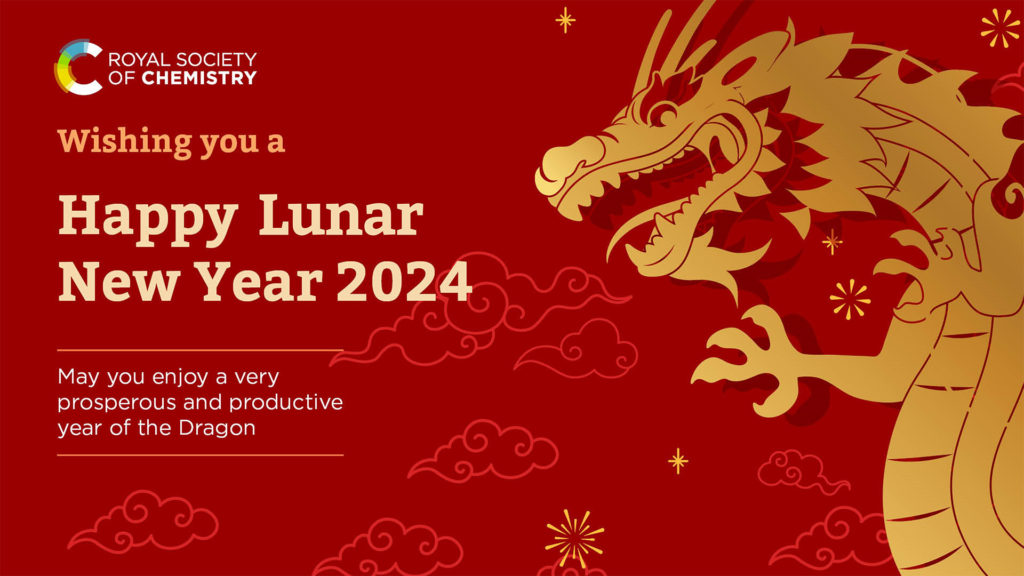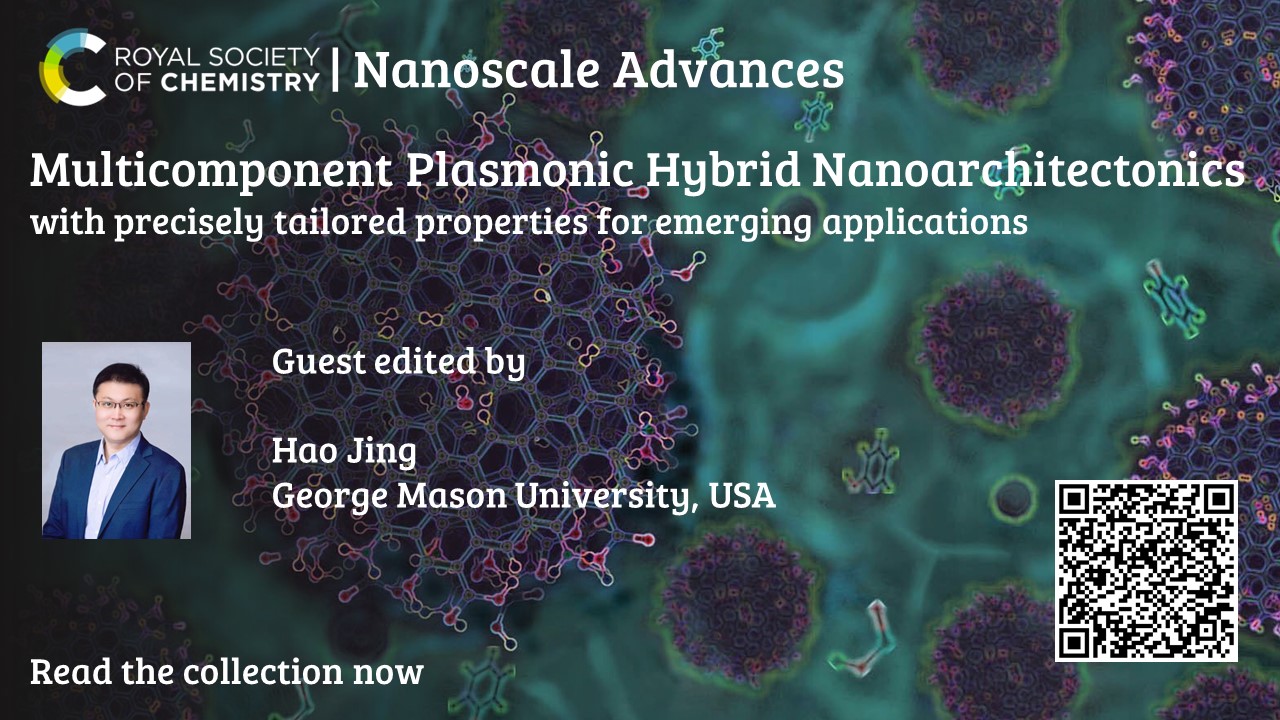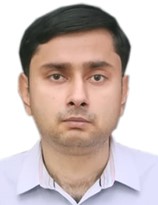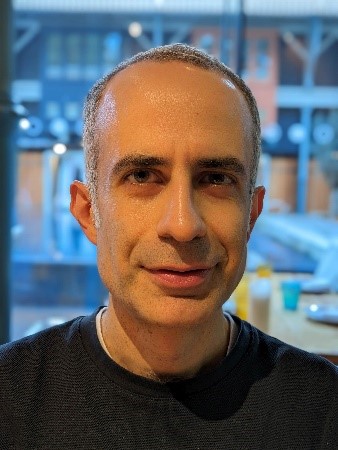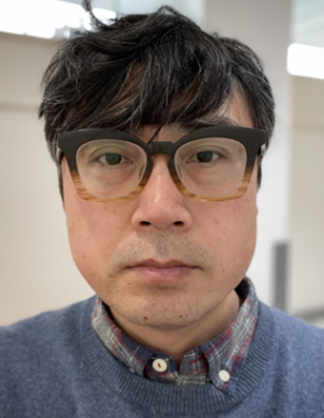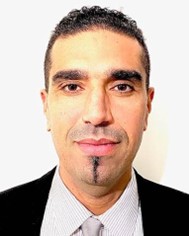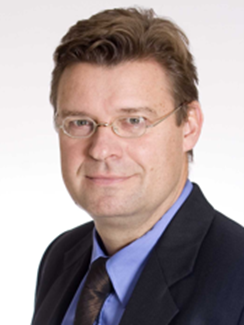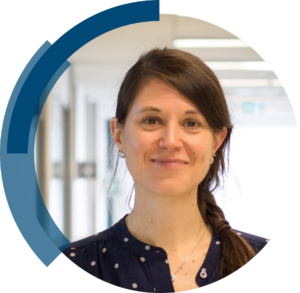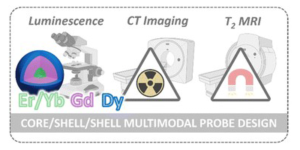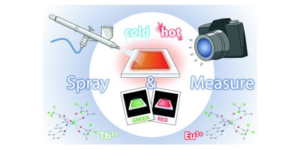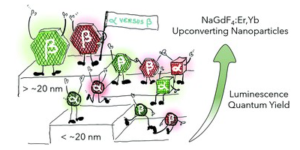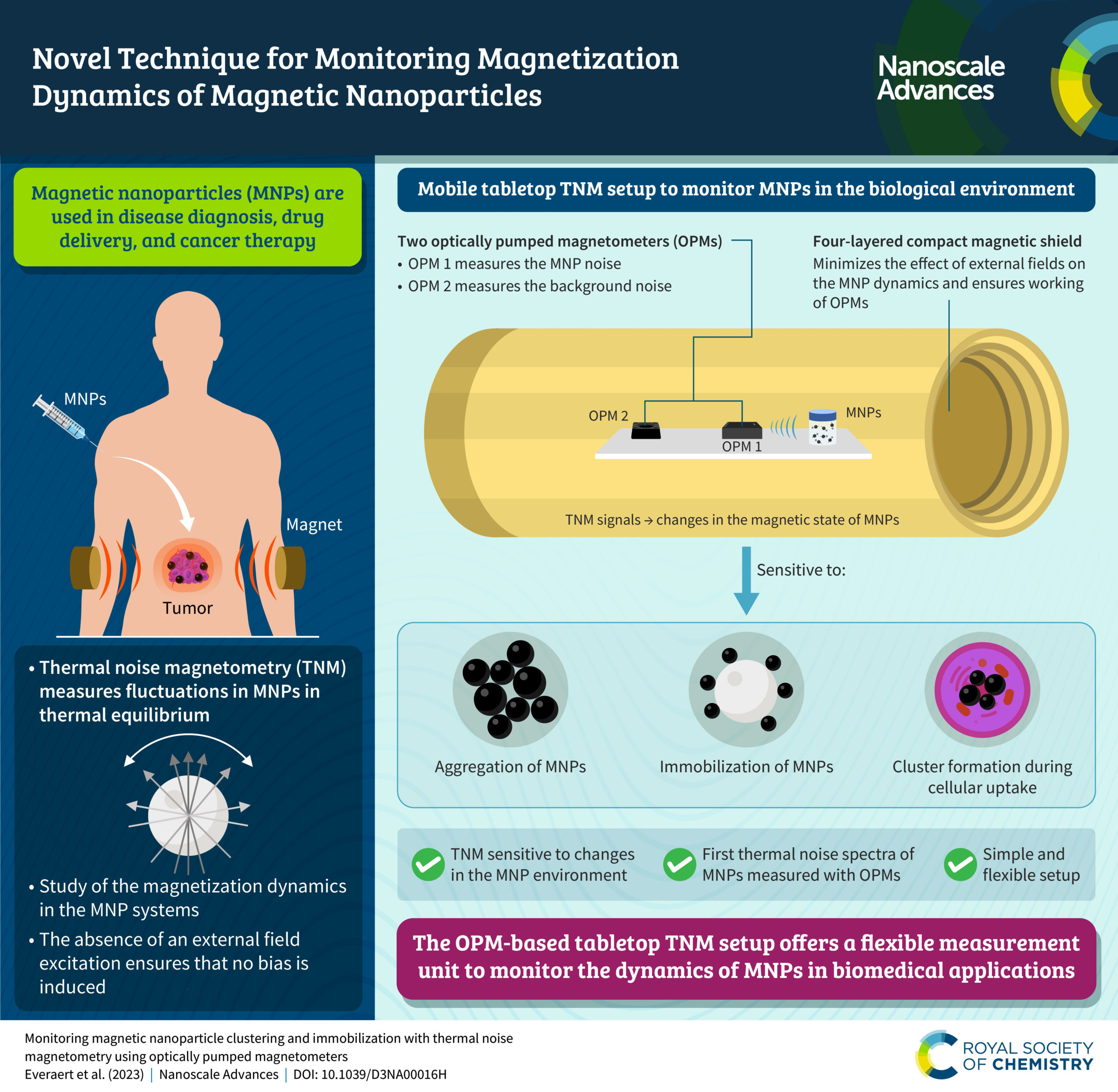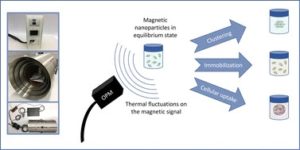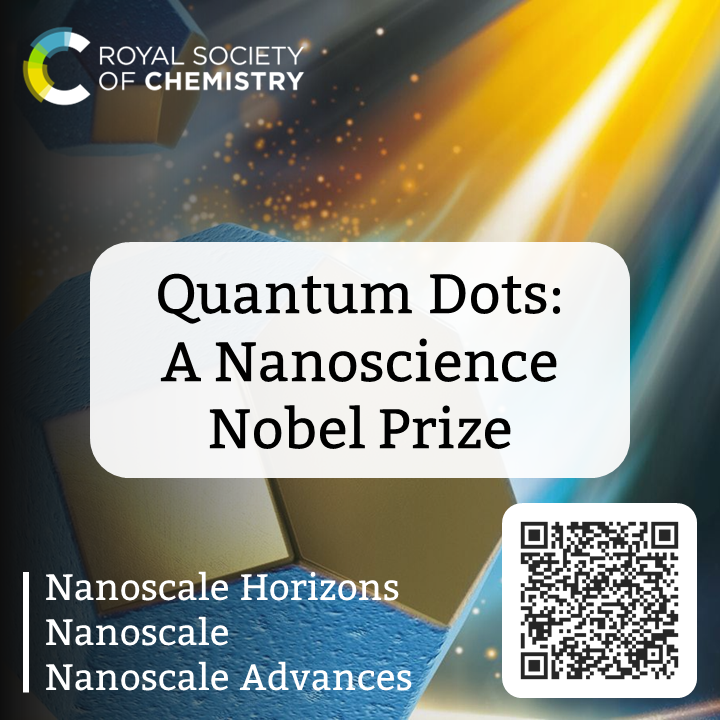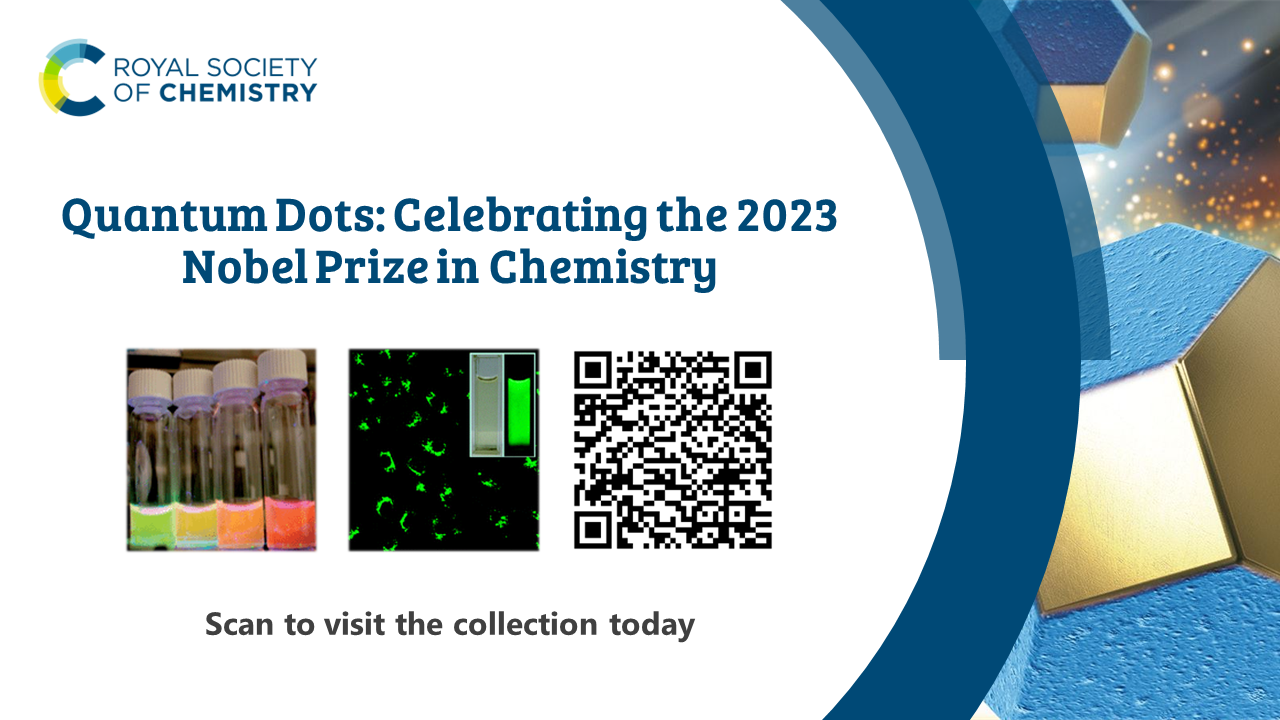To celebrate some of the excellent work that has recently been published in Nanoscale Advances, we asked some of our authors to discuss their work in more detail. In this post, we hear from Daria Miliaieva and her co-authors about their recently published article entitled “Absolute energy levels in nanodiamonds of different origins and surface chemistries“.
Discover the key message from this article
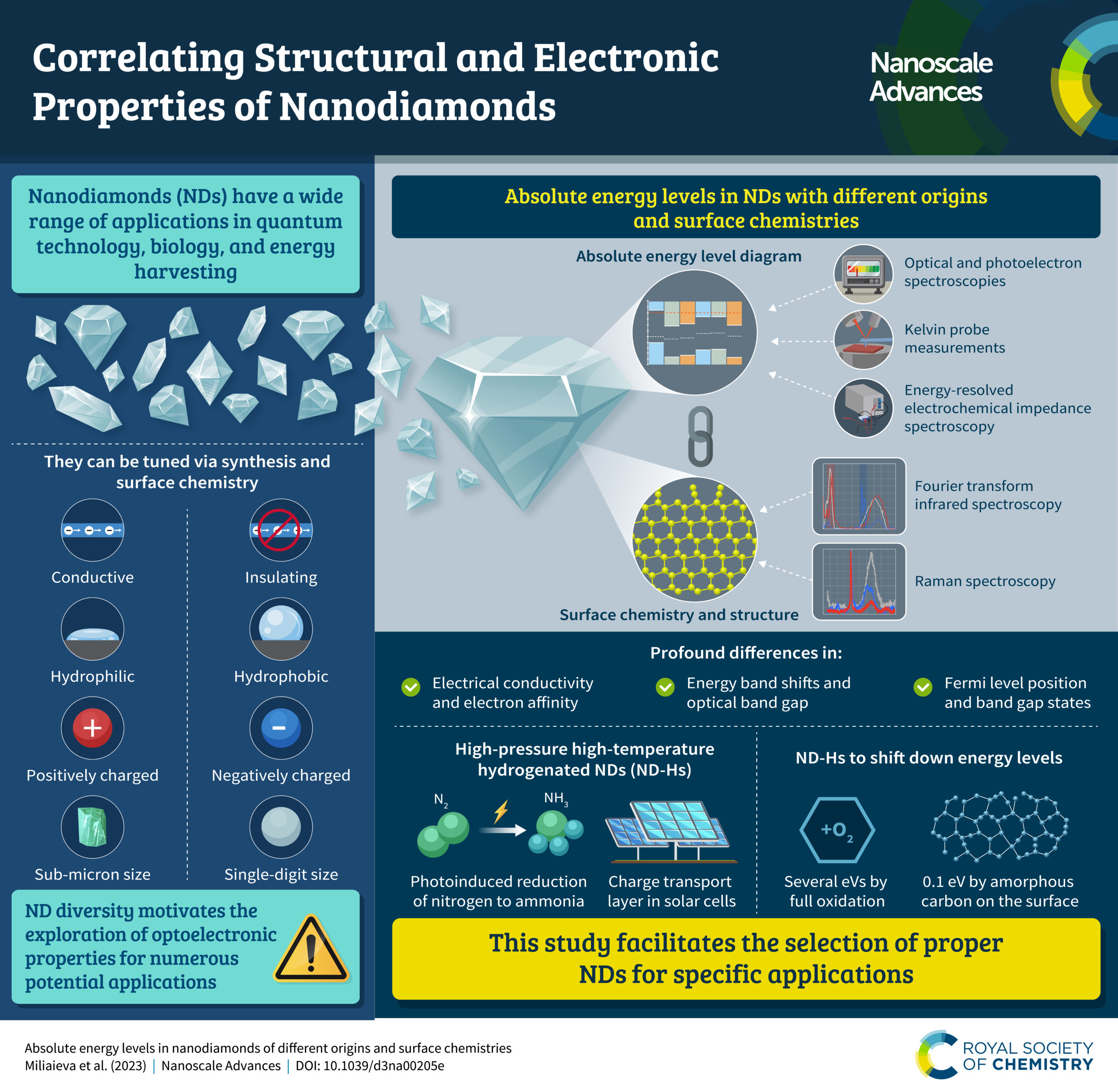
Meet the authors

Daria Miliaieva obtained her PhD in Materials and electrotechnology from the Czech Technical University in Prague in 2019 and was a Postdoctoral Fellow at the Czech Academy of Sciences from 2020 to 2023. In 2023 she started her Marie Curie Postdoctoral Fellowship at Taltech in Estonia, working on novel chalcogenide materials for photovoltaics. Most of her interest is drawn to analyzing energetic bands in materials by a combination of techniques like UPS/XPS, Kelvin probe, electrochemical spectroscopy and DFT calculations.

Bohuslav Rezek graduated from Physics at the Faculty of Mathematics and Physics at Charles University in Prague in 1996. In 2001 he obtained PhD at the Czech Academy of Sciences (CAS) in the study of charge transport in silicon thin films for photovoltaics by using scanning probe techniques. After his PhD, he was doing research on diamond devices and interfaces in Germany, Switzerland and Japan. In 2006 he became a research team leader and Purkyne Fellow at the Institute of Physics CAS. In 2015 he became the head of the Physics department at the Faculty of Electrical Engineering of the Czech Technical University in Prague. In 2019 he became a full professor there. His research is focused on correlative microscopic and micro-spectroscopic analyses of semiconductor and organic materials towards opto-electronic and bio-electronic applications.
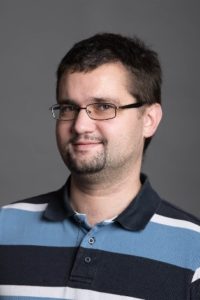
Jan Čermák obtained his PhD in optics and optoelectronics in 2010 at Charles University, Prague. He works at the Institute of Physics, Czech Academy of Sciences within the Department of Semiconductors. His scientific research is focused on the optoelectronic properties of carbon-based materials (polymers, diamond) related to photovoltaics. His approach to that is mainly via advanced electronic modes of atomic force microscopy under controlled illumination.
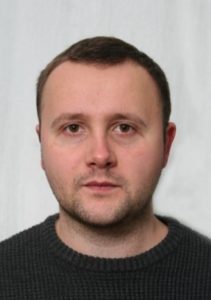
Jaroslav Kuliček obtained a PhD in macromolecular chemistry from the Slovak University of Technology in Bratislava, Slovakia, in 2017 and was a Postdoctoral Fellow at the Slovak Academy of Sciences, Polymer Institute from 2017 to 2018. In 2018 he started his Postdoctoral Fellowship at Czech Technical University in Prague, focused on optoelectronic characterization of photoactive materials using micro-spectroscopic methods such as Confocal Raman and Photoluminescence, AFM/photo-KPFM, Kelvin Probe and Air Photoemission Spectroscopy.
An interview with the authors
What aspect of your work are you most excited about at the moment and what do you find most challenging about your research?
I am focusing on the investigation of optoelectronic properties of the materials that can be useful in photovoltaics. The most exciting is the speed of photovoltaic field development at all levels from the fundamental research with the novel materials predictions and discoveries and the new mechanism of charge generation and transport to the applications of PV materials in the new areas like agrivoltaics. It is exciting and at the same time challenging to keep up with the pace of the photovoltaic field development.
How do you feel about Nanoscale Advances as a place to publish research on this topic?
My current research is on the determination of the electronic structure of the nanoparticles and establishing the practical consequences of it. Nanoscale Advances covering nanoparticles and nanoelectronics is an appropriate journal to publish research on nanoparticle electronic properties.
Can you share one piece of career-related advice or wisdom with other, early career scientists?
Move on when frustrated about the research, sometimes understanding things comes with time and persistence leads to success and perfection. Make use of all possible research stays and conferences to develop your skills and increase your chances of meeting the right people (for you) for making a good science together!












